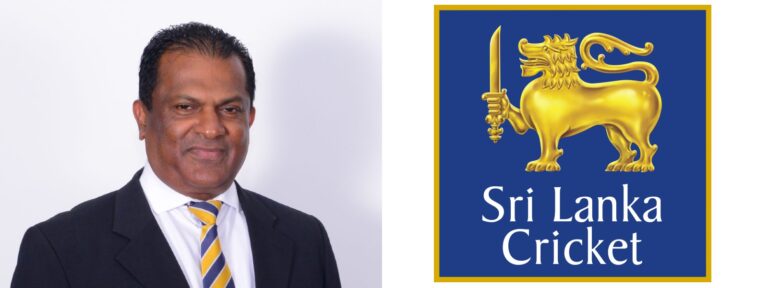
In a shocking twist, Sri Lankan cricketer Niroshan Dickwella’s suspension for cocaine consumption has been reduced to three months on appeal. However, his sworn testimony during the appeal process has raised serious questions that demand immediate attention from authorities, including the Sri Lanka Narcotics Bureau.
In his testimony, Dickwella admitted: “As my recollection served, I was intoxicated and did sniff/inhale a substance/drug (Cocaine) the night before the Urine Test at a party hosted by the owners of the ‘Galle Franchise’ at a hotel along with a few others including some dignitaries who patronized the event.”
Dickwella went on to further state -quote – “I have sniffed/inhaled substance/drugs (Cocaine) randomly at parties/private gatherings on a few occasions prior to this incident, for the very first time being about a year ago.” – unquote –
This explosive confession begs the question: Who were the others allegedly involved in consuming cocaine at this high-profile event? More alarmingly, who supplied the cocaine, and in what quantities was it made available?
A Disturbing Loophole?
Adding another layer of controversy, Dickwella’s appeal also brings into focus an unsettling question about the anti-doping framework for athletes. While the cricketer admitted to consuming cocaine the night before his urine test, medical reports stated that the traces found in his sample were below a level that would disqualify him. This raises a troubling issue: Does this loophole mean athletes can freely consume cocaine outside of competition without fear of penalties?
Narcotics Officials Must Act Promptly
Meanwhile, the ruling National People’s Power (NPP) party has repeatedly vowed to combat the drug menace and bring those responsible to justice. Yet, this incident highlights the need for decisive action to ensure that even high-profile individuals are not above the law. Dickwella’s statement provides a clear lead that officials from the Sri Lanka Narcotics Bureau must act on promptly.
The National People’s Power government faces a critical test of its commitment to eradicating drugs from the country. The public will undoubtedly watch closely to see whether this high-profile case results in meaningful action or becomes yet another example of selective accountability.




